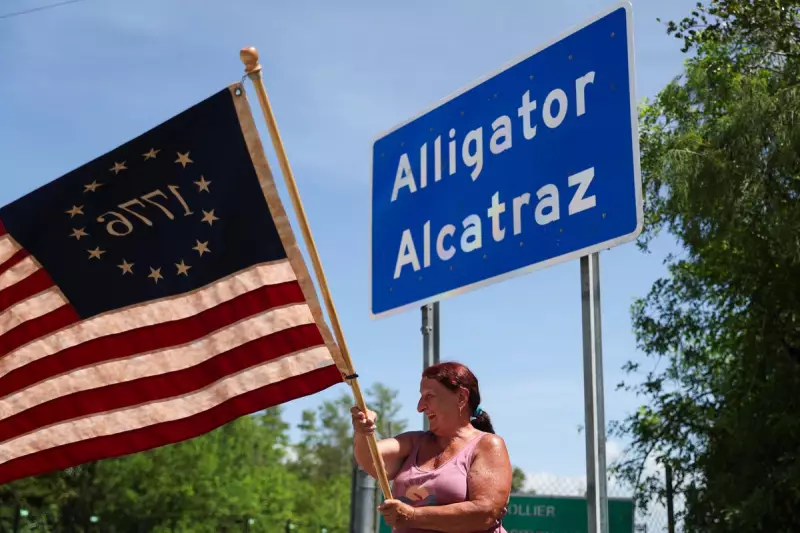
In a remarkable display of internal dissent, Florida's Republican electorate has delivered a stark warning to former President Donald Trump, despite his certain victory in the state's presidential primary.
Nearly 20% of GOP voters snubbed the party's presumptive nominee, opting instead to cast protest ballots for other candidates, including his former rival Nikki Haley, who had already withdrawn from the race.
A Deep Dive into the Dissenting Vote
The protest vote was not isolated to liberal strongholds but permeated some of Florida's most reliably Republican counties. The results reveal a significant undercurrent of resistance within the party base.
In Miami-Dade County, a notable 15% of voters, approximately 33,000 people, chose a candidate other than Trump. The dissent was even more pronounced in affluent Collier County, home to Naples, where a staggering 22% of Republicans—over 12,000 voters—refused to back the former president.
What the Numbers Reveal
This phenomenon, often called a 'shadow primary,' serves as a critical barometer of voter sentiment. Political analysts are viewing these figures as a potent indicator of vulnerability for Trump heading into the general election. It suggests a faction of the Republican coalition remains unconvinced or outright opposed to his candidacy.
The substantial number of protest votes for a candidate who is no longer running highlights a deep-seated desire among some conservatives for an alternative to Trump, signalling potential challenges in unifying the party fully.
Implications for the General Election
While Trump comfortably won the primary, the size of the protest vote cannot be dismissed as insignificant. In a tightly contested presidential race, every vote is crucial. A failure to win back these disaffected Republicans could prove costly in key swing states.
This internal rift presents a strategic dilemma for the Trump campaign: how to consolidate the base without alienating the moderate and independent voters needed to secure an Electoral College majority.
The message from the Sunshine State is clear: even in a bastion of modern Republicanism, Donald Trump's grip on the party is not absolute.





